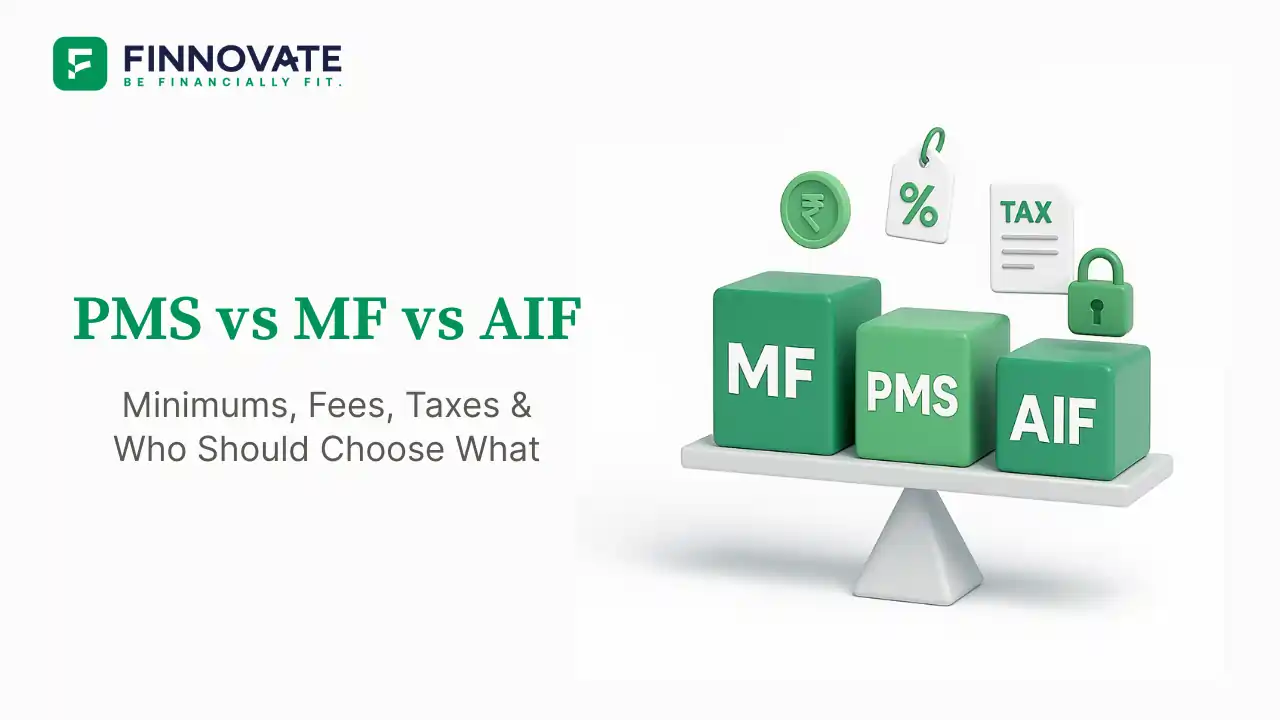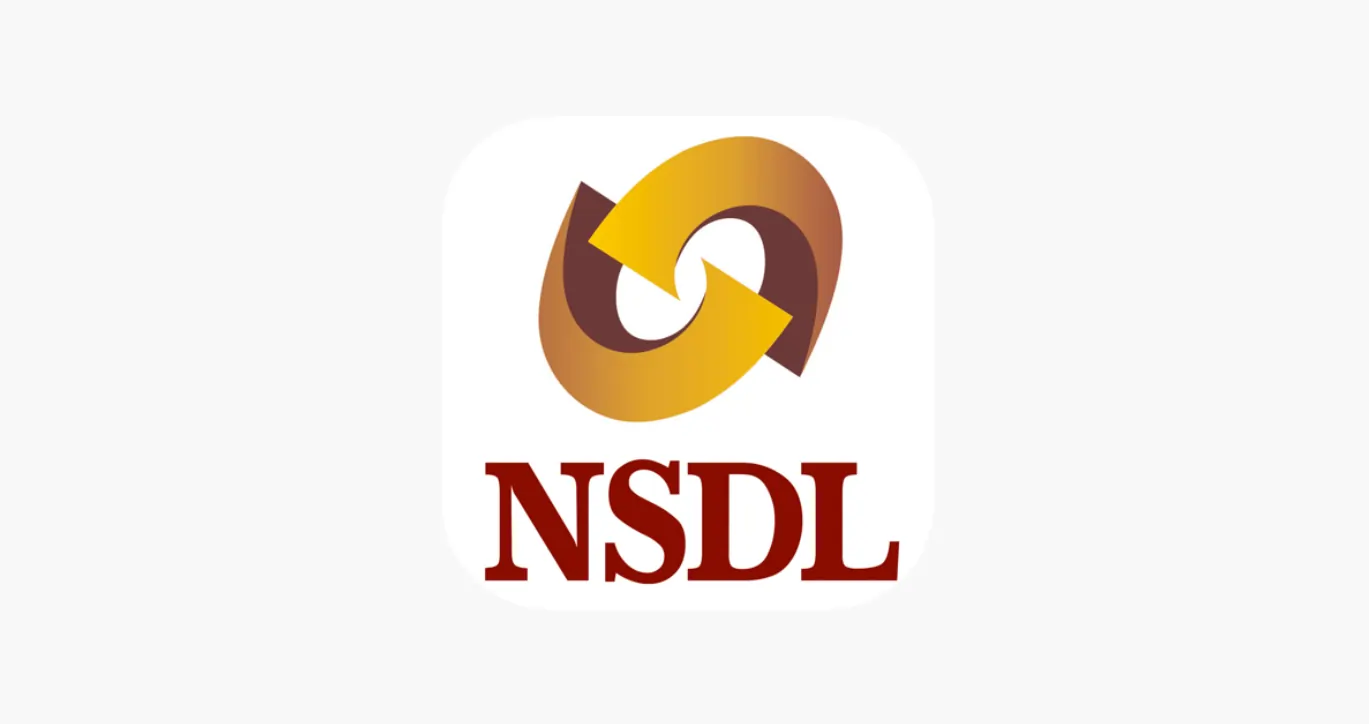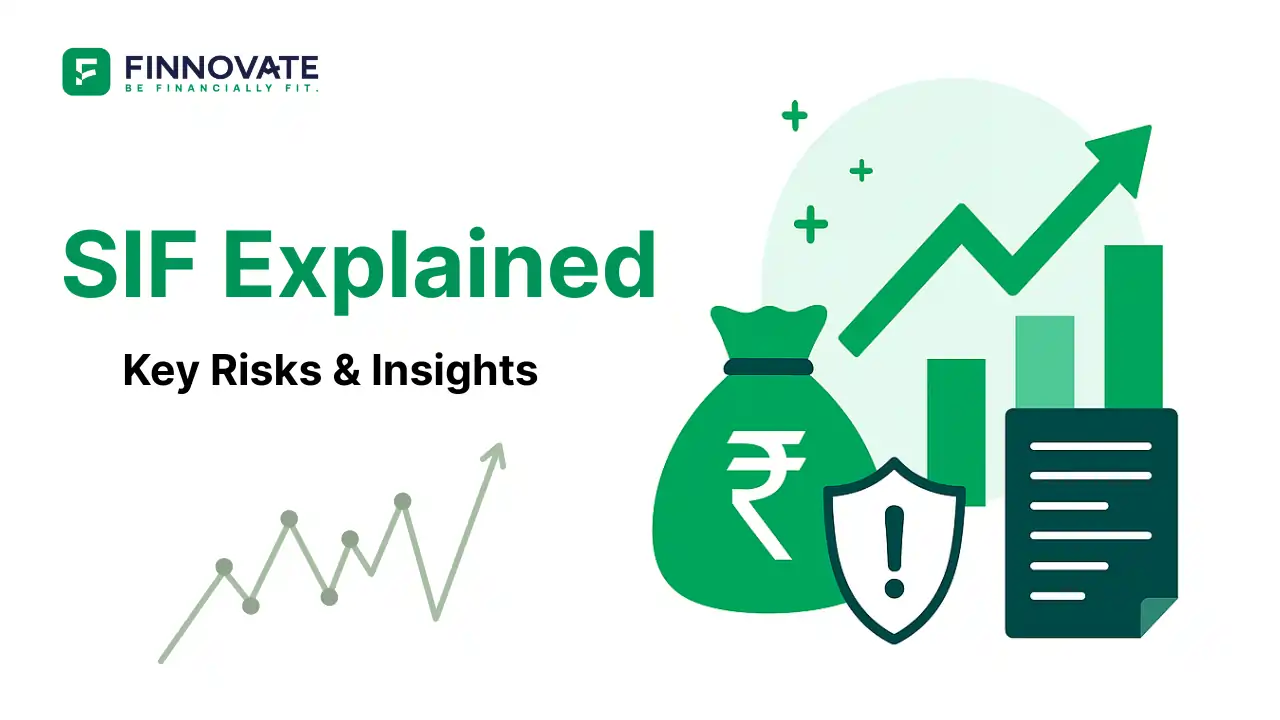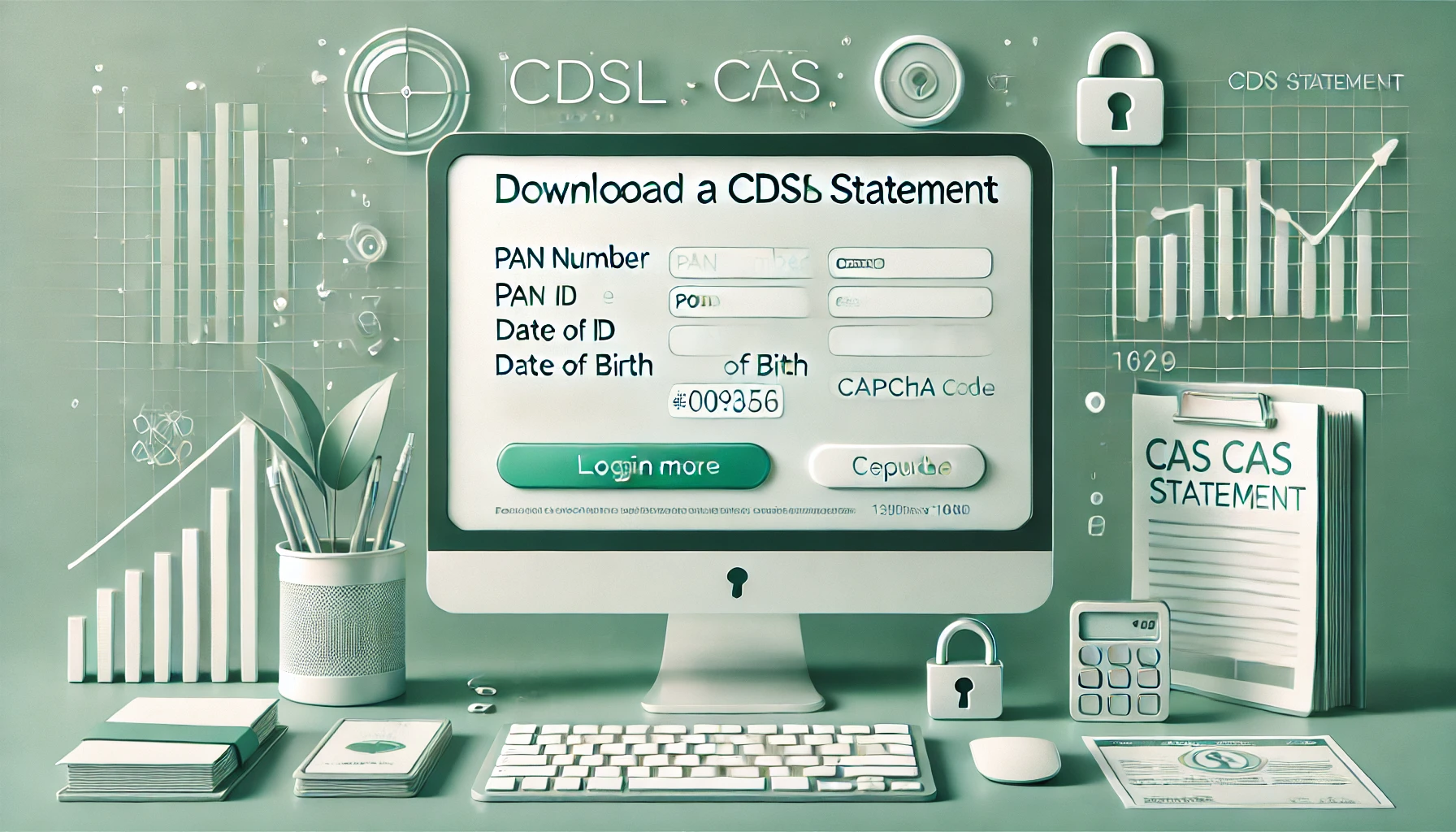
PMS vs Mutual Funds vs AIF in India (2026): Fees, Taxes, Minimums
Compare PMS, Mutual Funds and AIF in India - minimums, fees, taxes (post Jul 23, 2024), li...
If you earn well, save regularly, and invest here and there but still feel unsure about the “big picture” of your finances, this guide is for you.
Many people use the terms financial planning and wealth management interchangeably. But while they are related, they are not the same. Understanding the difference can help you choose the right financial support - whether you're just starting out or already have significant assets to manage.
| Feature | Financial Planning | Wealth Management |
|---|---|---|
| Scope | Goal-based, holistic financial plan | Investment-focused with advanced strategies |
| Target Audience | Salaried individuals, young professionals, families | High-net-worth individuals (HNIs) |
| Services Included | Budgeting, tax planning, insurance, goal setting | Portfolio management, estate & tax optimization |
| Approach | Structured roadmap for your goals | Custom strategies to preserve and grow wealth |
| Fees | Flat fee or hourly | Percentage of assets or advisory fee |
| Example | “How much should I save for my child’s education?” | “How should I allocate my ₹5 crore portfolio?” |
Financial planning is a structured approach to managing your money with a clear purpose - usually tied to life goals like:
A financial planner looks at your income, expenses, goals, timeline, risk appetite, and tax situation to create a complete roadmap. Think of it like creating a GPS for your money.
Wealth management goes a step further. It’s designed for individuals or families who have already built wealth and now need:
It’s less about just “planning for goals” and more about preserving, growing, and transferring wealth efficiently.
| Area | Financial Planning | Wealth Management |
|---|---|---|
| Focus | Strategy to build wealth | Strategy to manage and preserve wealth |
| Personalization | Moderate (based on goals and stage) | High (based on lifestyle, business, legacy) |
| Investment Advice | Basic (mutual funds, SIPs, insurance) | Advanced (PMS, AIFs, equity, real estate) |
| Legal & Tax Needs | Basic tax planning | Complex tax structuring, estate creation |
| When It’s Needed | Early to mid-career stages | After you’ve accumulated significant wealth |
Yes. In fact, wealth management usually starts with a strong financial plan. It builds upon it with advanced strategies.
Not necessarily. If you’re earning above ₹50L/year or have a growing portfolio, you may benefit from it.
Some firms offer both services under one roof. Look for SEBI-registered advisors who offer a staged approach - starting with planning and scaling to management.
Disclaimer: This article is for informational purposes only. Please consult a SEBI-registered advisor for personalized planning.
Popular now

Learn how to easily download your NSDL CAS Statement in PDF format with our step-by-step g...

Explore what Specialised Investment Funds (SIFs) are, their benefits, taxation, minimum in...

Learn How to Download Your CDSL CAS Statement with our step-by-step guide. Easy instructio...

Looking for the best financial freedom books? Here’s a handpicked 2026 reading list with...